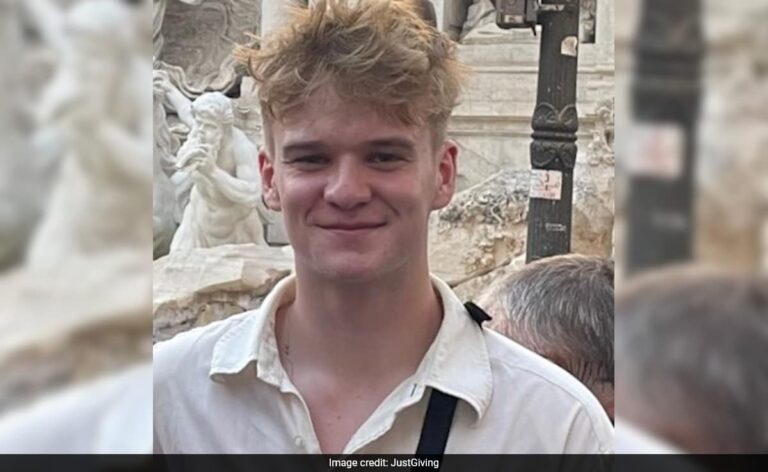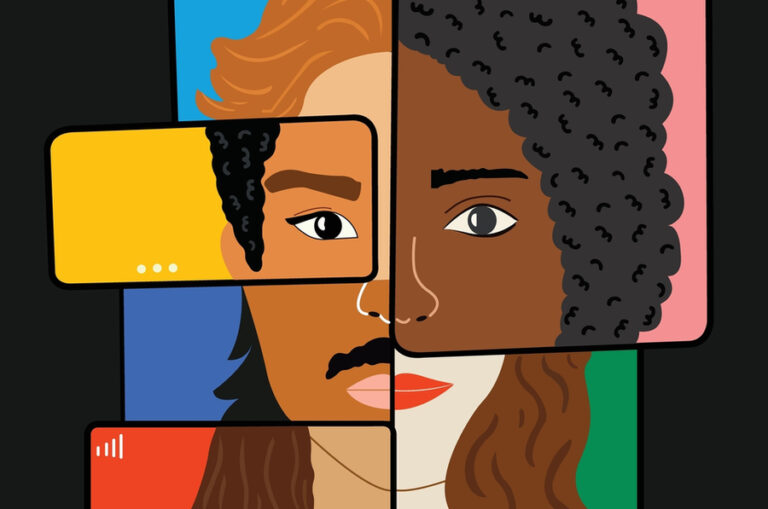Moldova Urged to Strengthen Action Against Hate Speech and Crimes
Moldova Must Take a Stand Against Hate Speech
Hate speech and hate crimes have been rampant in different corners of the globe, and Moldova is no exception. In a world that is more interconnected than ever, it’s crucial for every nation to establish a firm stance against these unfortunate phenomena. Recent discussions, notably initiated by the Council of Europe’s anti-racism commission, highlight the urgent need for Moldova to bolster its measures against hate speech and hate crimes. Let’s dive into this issue and uncover what it means for Moldova and its citizens.
Understanding the Landscape of Hate Speech in Moldova
Moldova, nestled between Romania and Ukraine, is a country with a complex historical and cultural tapestry. Despite its vibrant diversity, it grapples with the plague of hate speech. Think about it: in a society where people’s identities can span various ethnicities and religions, hate speech can fracture communities instead of bringing them together.
What is Hate Speech?
Hate speech refers to any speech, gesture, writing, or display that incites violence or prejudicial action against a particular group, or because it disparages or intimidates a particular individual or group. In simpler terms, it’s like throwing gasoline on a fire — it ignites tensions and can lead to harm.
The Current Situation in Moldova
In recent years, Moldova has witnessed some disturbing trends. Reports show increasing instances of hate speech, primarily directed towards ethnic minorities, the LGBTQ+ community, and various religious groups. These occurrences not only threaten the safety and dignity of these communities but also hinder Moldova’s prospects for a harmonious and inclusive society.
Statistics Don’t Lie
According to surveys, a significant portion of the Moldovan population admits to encountering hate speech online and offline. Imagine scrolling through social media and constantly coming across messages that belittle or threaten your identity. It’s disheartening, to say the least.
The Council of Europe’s Call to Action
Recognizing the severity of this issue, the Council of Europe’s anti-racism commission has urged Moldova to take decisive steps to combat hate speech and hate crimes. This call to action is more than just a polite request; it’s a clarion call for the government to reevaluate its strategies and implement effective policies and laws.
Recommendations from the Commission
The commission has put forth several key recommendations, including:
These recommendations are not just bureaucratic jargon; they represent actionable steps that can lead to significant change.
The Role of the Government and Civil Society
When it comes to addressing hate speech, the synergy between government action and civil society initiative is vital. The government can lay down the framework and enforcement, but it’s the community members who ultimately make a cultural shift possible.
How Can the Government Step Up?
A government’s response to hate speech must be multifaceted:
- Legislation Updates: Modernize the laws to include definitions and penalties for hate speech relevant today.
- Training for Officials: Invest in training programs for law enforcement regarding the nuances of hate speech and the rights of victims.
- Transparent Reporting: Create transparent mechanisms for reporting hate crimes, making it easier for victims to come forward.
Civil Society’s Essential Role
Let’s not forget about the vibrancy that civil society brings to the table! NGOs, youth organizations, and activists can pave the way for advocacy and awareness. Picture a community rally where people come together to shout “No to hate!” while educating others about the impacts of discrimination.
- Creating Awareness: Campaigns that emphasize empathy and the negative impacts of hate speech can shift perceptions.
- Empowering Voices: Supporting marginalized voices and providing platforms for them to express themselves can foster inclusion.
The Power of Education in Combating Hate Speech
Education is not just about reading books and passing exams; it’s a powerful tool that can transform mindsets.
Teaching Tolerance in Schools
Imagine classrooms buzzing with discussions about diversity, inclusion, and the importance of respect among different groups. Integrating tolerance education into school curriculums can help mold young minds. Students equipped with knowledge about various cultures and the repercussions of hate speech will likely grow up more aware and respectful.
Community Workshops
Community workshops can provide individuals with the tools to recognize hate speech and understand its harmful effects. These workshops aren’t just for the young; they can involve everyone — parents, educators, and community leaders. The more we talk, the more we understand.
The Digital Dimension of Hate Speech
In today’s digital age, the internet plays a massive role, both in spreading and combating hate speech. Social media platforms have become battlegrounds for ideas, but it’s crucial to remember that not everything said online is harmless banter.
Tackling Online Hate Speech
Authorities must collaborate with tech companies to develop better monitoring systems to combat hate speech online. In this sense, tech and human rights entities must join forces. Just like superheroes pairing up to fight villains!
- Reporting Mechanisms: Online platforms should have easy ways for individuals to report hate speech.
- Algorithms and Filters: Investing in effective algorithms that can identify and flag hate speech before it spreads can be transformative.
The Road Ahead: A Collective Effort
Addressing hate speech and hate crimes in Moldova won’t happen overnight, but with persistent efforts, it’s achievable. This journey requires the active participation of the government, civil society, and individuals.
Building a Culture of Respect and Understanding
For every instance of hate speech that goes unchecked, countless individuals feel alienated and threatened. But with the right frameworks and community actions, Moldova can cultivate an environment that embraces cultural diversity and fosters mutual respect.
This isn’t just a challenge for the government; it’s a challenge for every Moldovan citizen to recognize the power of their words and actions. Because when we all take a stand, we can change the narrative.
Conclusion
Moldova stands at a crossroads with the pressing need to combat hate speech and hate crimes. As highlighted by the Council of Europe’s anti-racism commission, the accountability lies with both the government and society as a whole. Only through concerted efforts can the country foster a culture that respects diversity and values every individual, regardless of their background. It’s time to turn the tide on hate—what will you do to help?
FAQs
Q1: What constitutes hate speech?
A1: Hate speech is any speech or action that incites violence or prejudicial action against a particular group based on race, ethnicity, religion, sexual orientation, or other identity indicators.
Q2: Why is combating hate speech important?
A2: Combating hate speech is essential for creating a safe, inclusive environment where all individuals can feel respected and valued, helping to prevent violence and discrimination.
Q3: How can I report hate speech in Moldova?
A3: You can report hate speech to local authorities, NGOs, or utilize online platforms that have dedicated reporting mechanisms for hate incidents.
Q4: What role does education play in preventing hate speech?
A4: Education helps individuals understand the consequences of hate speech and promotes tolerance, empathy, and respect for diversity.
Q5: Are there laws in Moldova against hate speech?
A5: Yes, Moldova has laws addressing hate speech; however, the implementation and enforcement of these laws need enhancement, as advocated by various human rights organizations.







